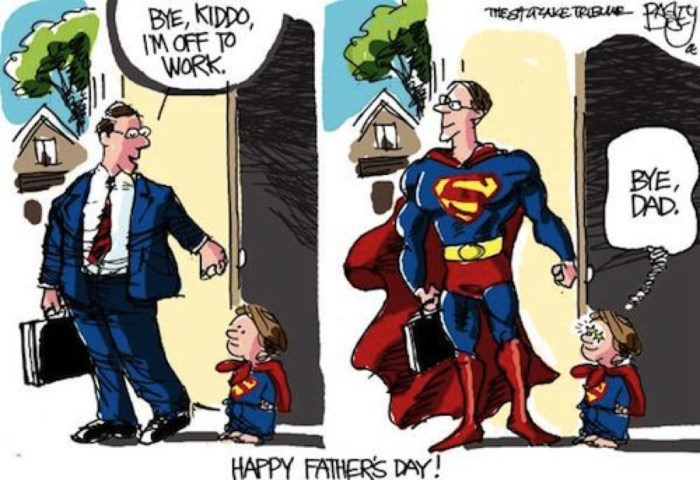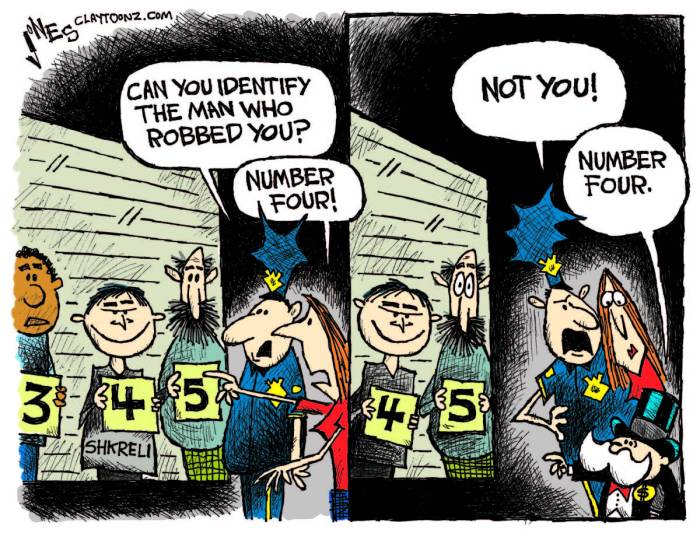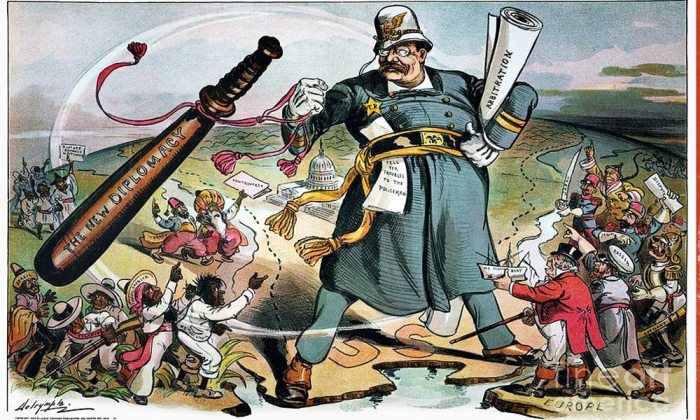The world’s constable political cartoon offers a compelling lens through which to examine the complex and multifaceted concept of global leadership. This evocative visual commentary invites us to consider the historical origins, political implications, and cultural perspectives surrounding this weighty responsibility.
The cartoon’s portrayal of the world’s constable as a towering figure, burdened by the weight of global affairs, captures the essence of the challenges and opportunities inherent in this role. It prompts us to question the nature of global governance, the distribution of power, and the responsibilities that accompany international influence.
Historical Context
The concept of the “world’s constable” emerged in the late 19th century, amidst the rise of industrialization, imperialism, and global interconnectedness. The term was first coined by British Prime Minister Benjamin Disraeli in 1878, who envisioned Britain as a global policeman responsible for maintaining international order and stability.
The idea gained traction in the aftermath of the First World War, as the League of Nations was established with the mandate to prevent future conflicts. The United States emerged as a dominant power during this period, and its role in global affairs was often characterized as that of a “world’s constable.”
Political Implications

The “world’s constable” role carries significant political implications. It involves the assumption of global leadership and responsibility for maintaining international peace and security.
The potential benefits of this role include the prevention of conflicts, the promotion of cooperation, and the protection of human rights. However, it also raises concerns about the potential for abuse of power, the erosion of national sovereignty, and the unintended consequences of interventionist policies.
International Relations: The World’s Constable Political Cartoon
The “world’s constable” role has a profound impact on international relations. It shapes interactions between states and influences global governance.
On the one hand, it can facilitate cooperation and the peaceful resolution of disputes. On the other hand, it can lead to tensions and conflicts if the actions of the “world’s constable” are perceived as biased or self-serving.
Cultural Perspectives
The concept of the “world’s constable” has been interpreted differently across cultures and regions.
In some societies, it is viewed as a necessary evil, a necessary intervention to prevent chaos and conflict. In others, it is seen as a threat to national sovereignty and a violation of cultural norms.
Historical Examples

Throughout history, several countries and organizations have been described as the “world’s constable.”
The United Kingdom, the United States, and the United Nations have all played this role at different times. Each has faced its own unique challenges and successes in exercising global leadership.
Contemporary Relevance

The concept of the “world’s constable” remains relevant in the 21st century.
With the rise of globalization and the increasing interconnectedness of the world, there is a need for global leadership to address common challenges such as climate change, terrorism, and nuclear proliferation.
Frequently Asked Questions
What is the historical context of the world’s constable concept?
The concept emerged in the late 19th century, when Britain’s dominant role in global affairs led to its being dubbed the “world’s policeman.” This role involved maintaining order and stability in various parts of the world, often through military intervention.
What are the potential benefits and risks of assuming the world’s constable role?
Potential benefits include promoting peace and stability, deterring aggression, and facilitating global cooperation. However, risks include overextension, mission creep, and the potential for unilateral action that undermines international law.
How does the world’s constable role impact international relations?
It can shape interactions between states, influence global governance mechanisms, and create both opportunities for cooperation and potential for conflict.